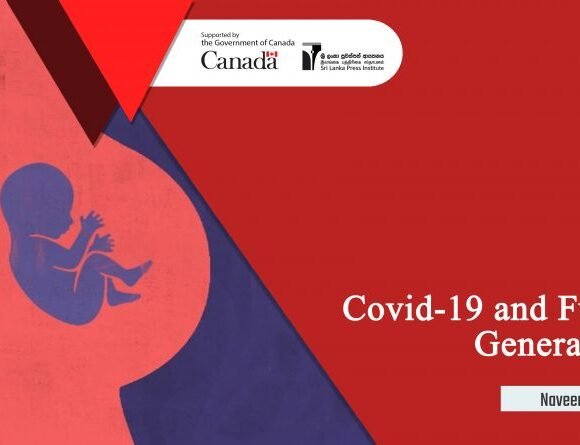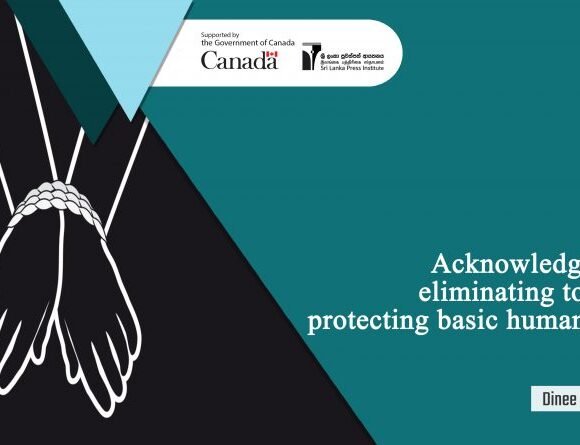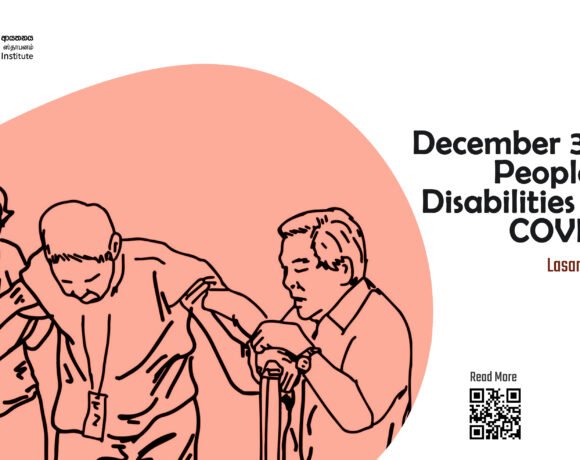
The bitter truth of the 46th session of the UNHRC
Sampath Deshapriya
The Ministers have already started to tell that the government would reject the United Nations Human Rights Commissioner’s report on Sri Lanka, which is to be presented at the 46th session of the UN Human Rights Council (UNHRC). However, the points in the Commissioner’s report are discussed both internationally and locally. In this backdrop, we must analyze the actions of the people of the north and their representatives that caused the present situation.
Although the dominant political powers of Sri Lanka renounce the political agenda behind the proposed resolution on Sri Lanka, they do not mention the way the people of the north and their representatives act now. That is one reason we must focus on them. The people’s representatives of the north clearly display similarities as well as dissimilarities through their activism in the past. When we closely monitor the political trends in both north and south, we can identify how they impact on the social structures. However, the dominant political forces in Sri Lanka alienated the Tamil polity, ultimately pushing them to unite under one flag.
Tamil National Alliance (TNA) led by R. Sampanthan, Tamil People’s National Alliance (TPNA) led by C. Vigneswaran and Tamil National People’s Front (TNPF) led by Gajendrakumar Ponnambalam were ideologically different, and they have been competing among each other for representation. However, they united to write a letter to all 47 members of the UNHRC demanding an International Independent Investigation Commission for the war crime charges related to Sri Lanka. In a nutshell, they argue that Sri Lanka’s government has failed to provide a mechanism for investigation, and the local political leaders are safeguarding the culprits in military. They point out that it is time the member countries of the UNHRC identify that there is no space in Sri Lanka for a simple local mechanism for investigating human rights violations. Therefore, they demand the UNHRC direct Sri Lanka to an international mechanism of accountability.
The letter outlines the promises delivered by Sri Lanka’s government since May 2009 to take steps to investigate human rights violations during the wartime. The letter further mentions, “The continuing and intensifying oppression against the Tamils including militarisation, indefinite detention of political prisoners, land grab in the name of archaeological explorations, the denial of traditional, collective land rights like cattle grazing rights, intensifying surveillance of political and civil society activists, the denial of burial rights during COVID19 to our Muslim brethren and the denial of the right to memory underscore the urgency of addressing the deteriorating situation. As the UNHRC meets in February and March 2021 to evaluate the Sri Lankan Government’s commitments under Resolution 40/1 and plan further action, we urge that member states categorically come to this conclusion by way of a final Resolution. The Resolution must declare that Sri Lanka has failed in its obligations to investigate allegations of violations committed during the armed ethnic conflict and atrocity crimes including genocide, crimes against humanity and war crimes.”
Leader of Tamil National People’s Front Gajendrakumar Ponnambalam met Sri Lanka’s Resident Coordinator of UN Hanna Singer and stressed the need for an International Independent Investigation Commission that exceeds the powers of the UNHRC. He further stressed the need for an international war crime tribunal regarding the alleged war crimes in Sri Lanka.
Ponnambalam further stated that the Tamil people had no trust in the government’s new constitution in the future. The political forces and civil society movements in the southern Sri Lanka that identified the Tamil people’s political pulse were annihilated in the chauvinist political current that was created with the end of the war. In the south, we hear only a random murmur regarding the rights of the people of the north. The voice of the majority Tamils in the north has been filtered out from the discourse in the south, and likewise, the people of the north do not hear the voice of the southern polity. Mainstream media blocks the proper communication between northern and south polities, and only the racist clamour is heard in media. They rouse conflicts among people and manipulate the racist trends in the north and south for their power agendas.
The problems that could be resolved through local mechanisms must not be internationalized, and they ultimately bring adverse results to the country. However, the negative outcome is an investment of racist political agendas. That is the bitter reality we have to face today.








